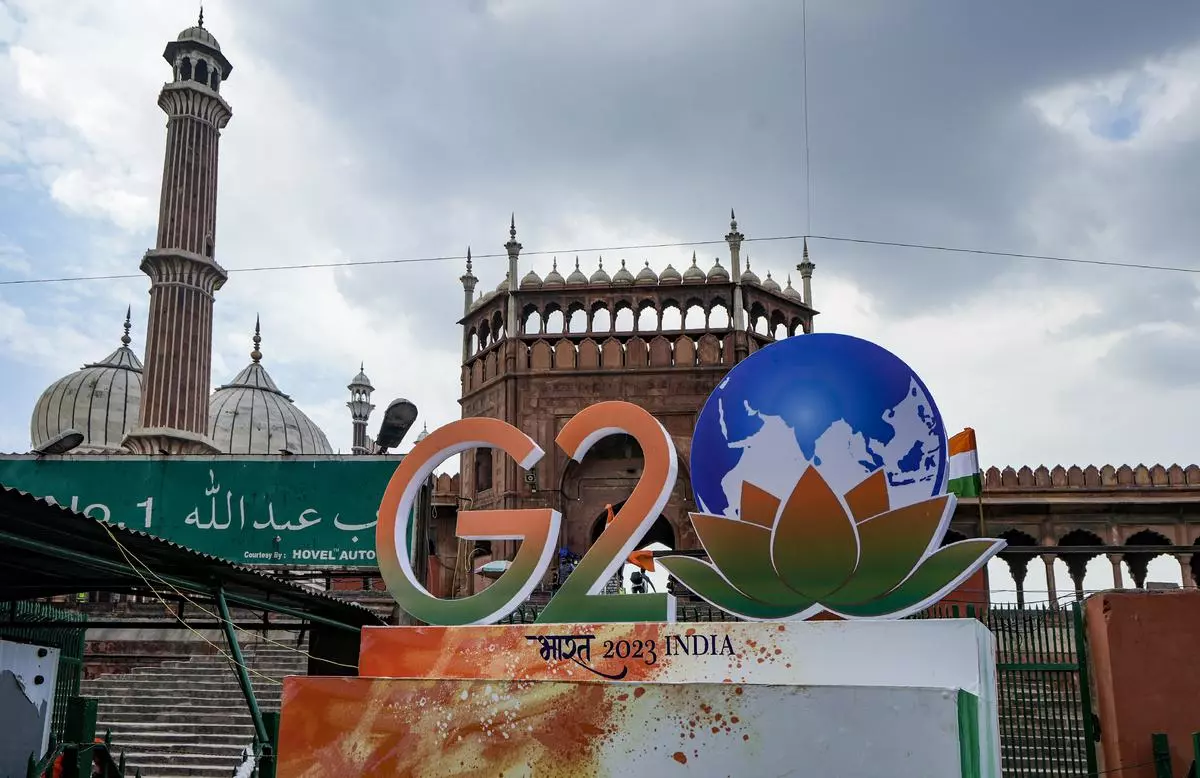Insights on MDB Reforms: DEA Secretary Highly Hopeful 2023

Insights on MDB Reforms: DEA Secretary Highly Hopeful 2023
Multilateral Development Banks (MDBs) play a pivotal role in supporting economic growth, reducing poverty, and promoting sustainable development worldwide.
As the global landscape continually evolves, these institutions must adapt and reform to meet the changing needs of their member countries effectively. In this context, the Secretary of the Department of Economic Affairs (DEA), responsible for overseeing India’s engagement with MDBs, has expressed optimism regarding the ongoing reforms within these institutions.

This article will delve into the key insights shared by the DEA Secretary, highlighting the importance of MDB reforms and their potential impact on the global development landscape.
Multilateral Development Banks are international financial institutions that provide loans and grants to developing countries to foster economic and social development.
Some of the most prominent MDBs include the World Bank, the International Monetary Fund (IMF), the Asian Development Bank (ADB), and the African Development Bank (AfDB).
These institutions work in collaboration with member countries to address critical development challenges, such as infrastructure development, poverty alleviation, healthcare, education, and environmental sustainability.
MDBs have been instrumental in driving economic growth and reducing poverty worldwide. However, the global development landscape has evolved significantly since the establishment of these institutions.

Factors like climate change, technological advancements, and the rise of emerging economies have necessitated reforms within MDBs to ensure they remain relevant and effective in addressing current and future challenges. Some key reasons for the importance of MDB reforms include:
1.Adaptation to New Challenges: The world faces new and complex challenges, including climate change, the digital divide, and global health crises like the COVID-19 pandemic. Reforms are essential to enable MDBs to respond effectively to these challenges.
2.Enhanced Efficiency and Effectiveness:By streamlining their operations, MDBs can improve the efficiency of resource allocation and project implementation, ensuring that development funds are used more effectively.
3.Inclusivity and Representation:Reforms aim to make MDB governance structures more inclusive and representative, allowing emerging economies and smaller nations to have a greater voice in decision-making processes.
4.Increased Financial Sustainability:As the global economy fluctuates, MDBs must adapt to ensure their financial sustainability and resilience. Reforms can help strengthen their financial base and borrowing capacity.
The DEA Secretary’s optimism regarding MDB reforms stems from the belief that these changes are not only necessary but also highly achievable. Some key insights from their perspective include:
1.Alignment with National Development Goals:MDB reforms are seen as an opportunity for India and other member countries to align MDB strategies more closely with their national development goals. This alignment can result in more impactful and tailored development projects.
2.Global Leadership: India has emerged as a key player in the MDB landscape, with a growing influence on their policies and operations. The Secretary views the ongoing reforms as an opportunity for India to exercise leadership and advocate for its development priorities on the global stage.

3.Innovation and Technology:MDB reforms should embrace innovation and technology as drivers of sustainable development. Harnessing the power of digital solutions and cutting-edge technologies can help member countries address development challenges more effectively.
4.Sustainable Development:The Secretary emphasizes the importance of incorporating sustainability principles into MDB projects. This includes addressing climate change, promoting green infrastructure, and ensuring social inclusivity.
Multilateral Development Banks remain indispensable in the global effort to promote economic growth, reduce poverty, and address pressing development challenges.
The ongoing reforms within these institutions, as viewed through the lens of the DEA Secretary, offer great promise for improving their efficiency, adaptability, and alignment with member countries’ priorities.

By actively engaging in these reforms, countries like India can play a pivotal role in shaping the future of MDBs and, consequently, the global development landscape.
As the world continues to evolve, the hope is that these reforms will enable MDBs to better serve the diverse needs of their member countries and contribute to a more prosperous and sustainable future for all.




